
1. Castle District

Budapest
2. Széchenyi Chain Bridge
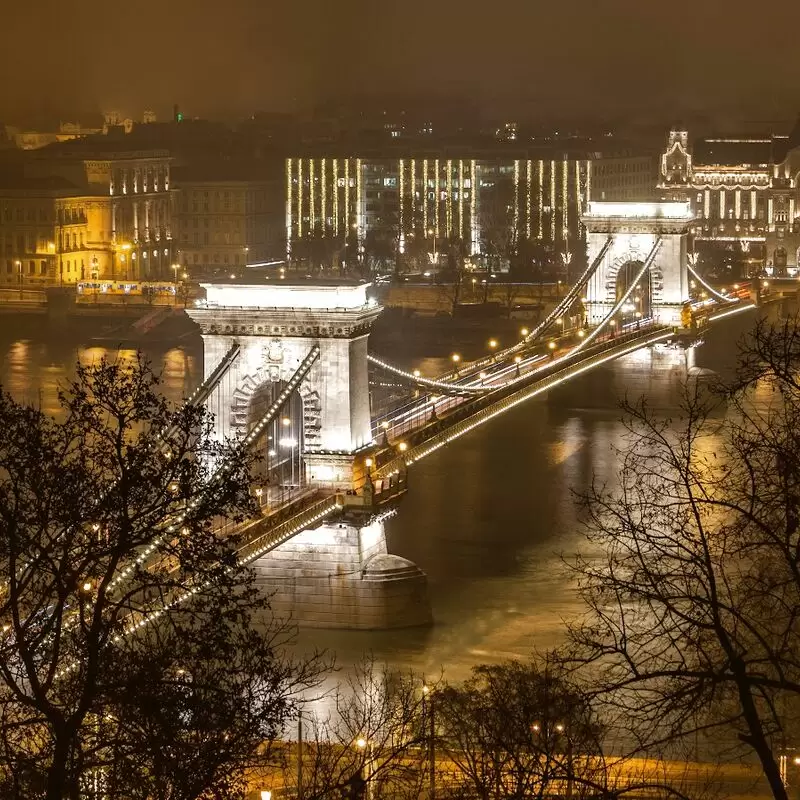
Budapest
3. Fisherman's Bastion
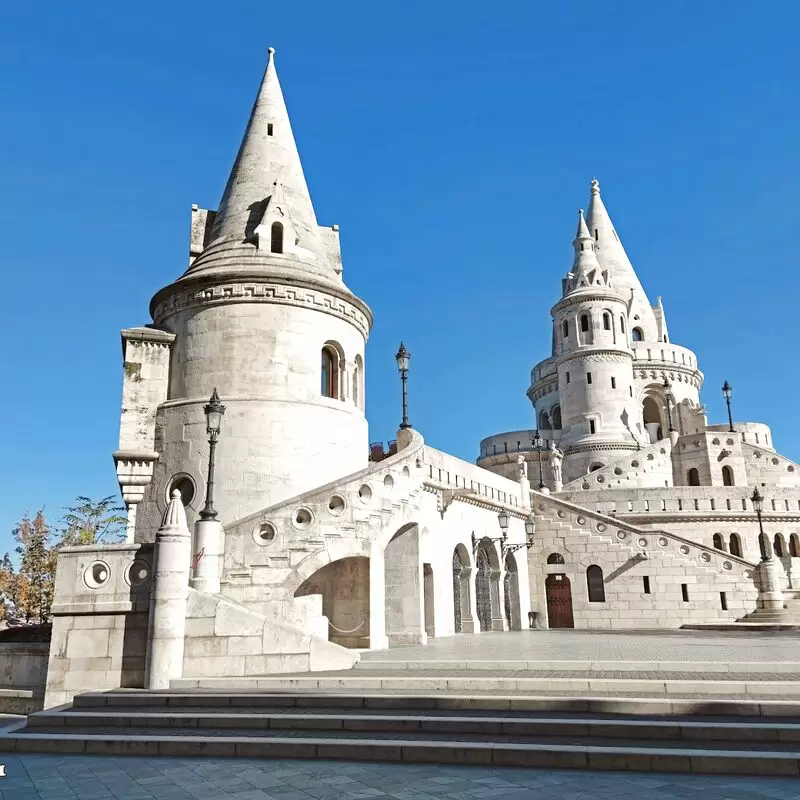
Budapest
4. Heroes' Square
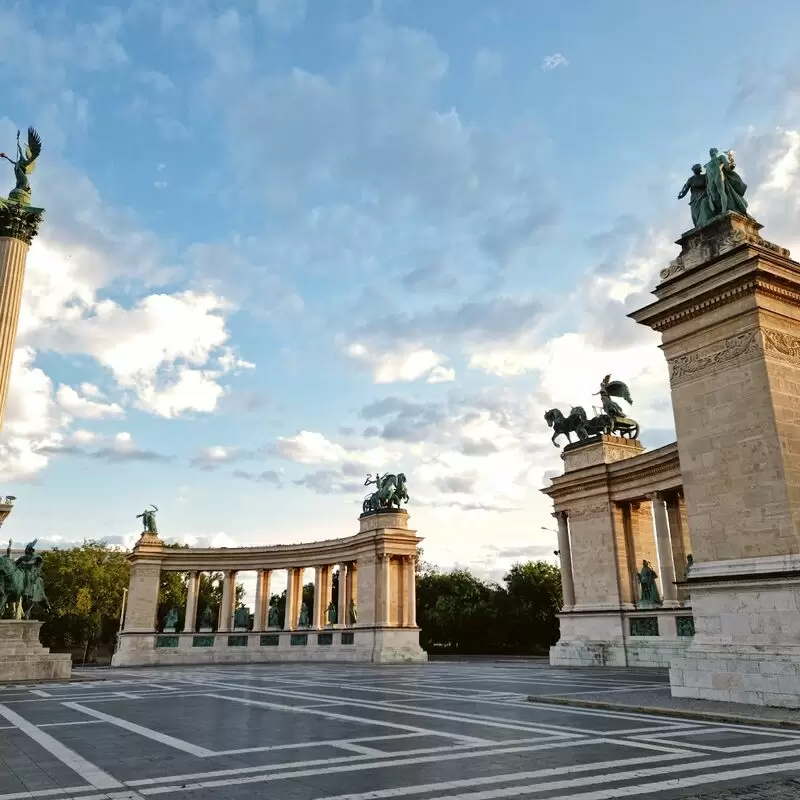
Budapest
5. City Park
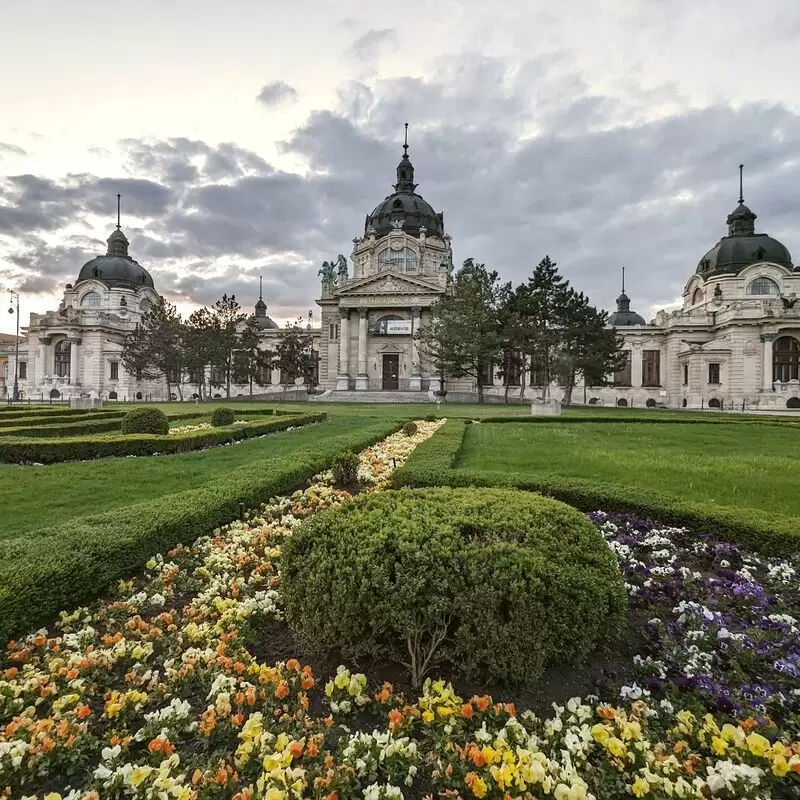
Budapest
6. St. Stephen's Basilica
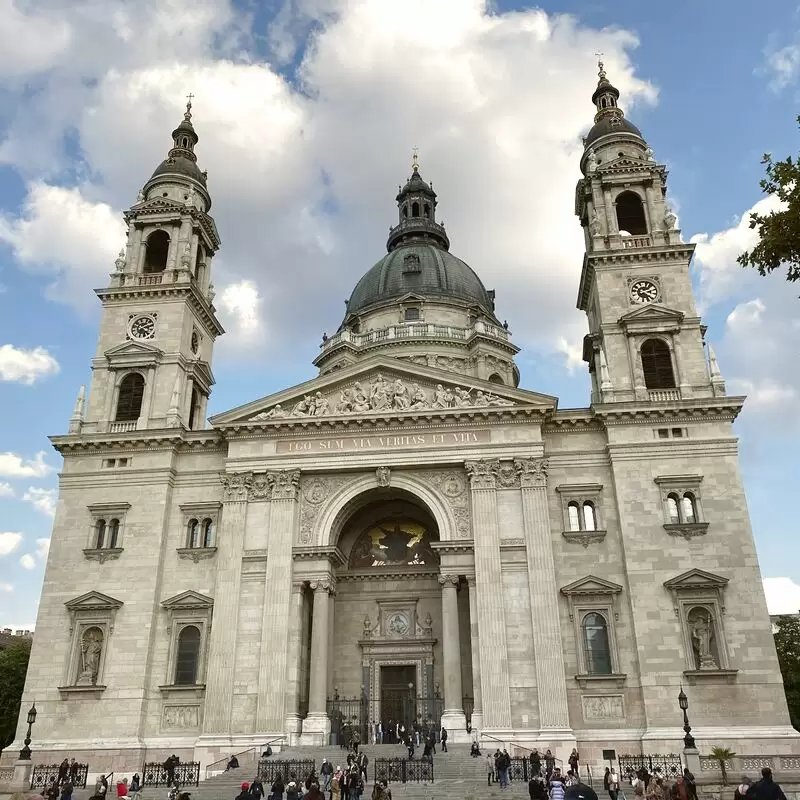
Budapest
7. Buda Castle
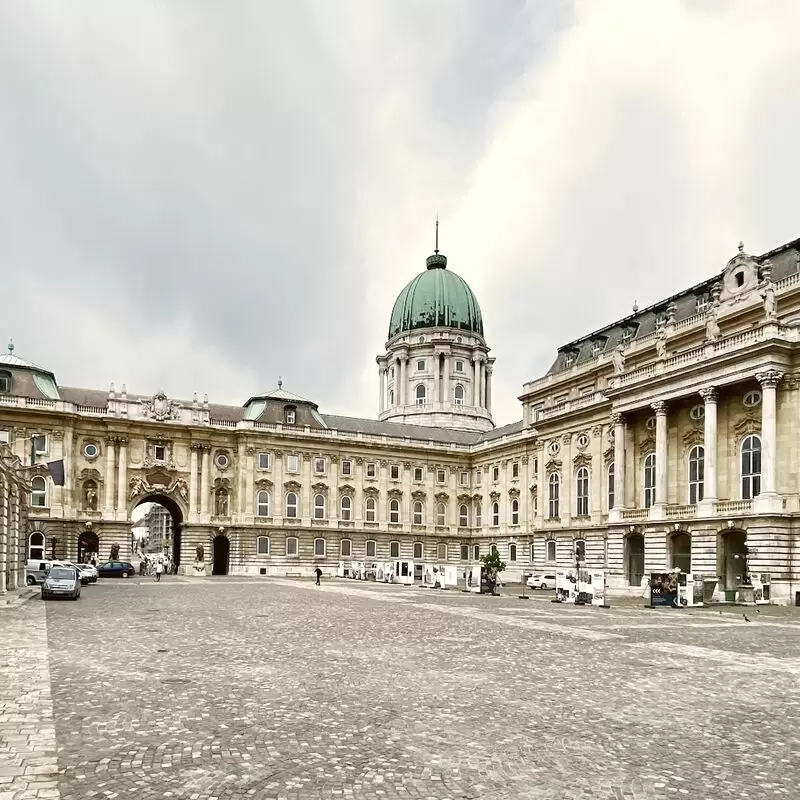
Budapest
8. Hungarian Parliament Building

Budapest
Saturday - Sunday: 8:00 AM – 4:00 PM
9. Matthias Church
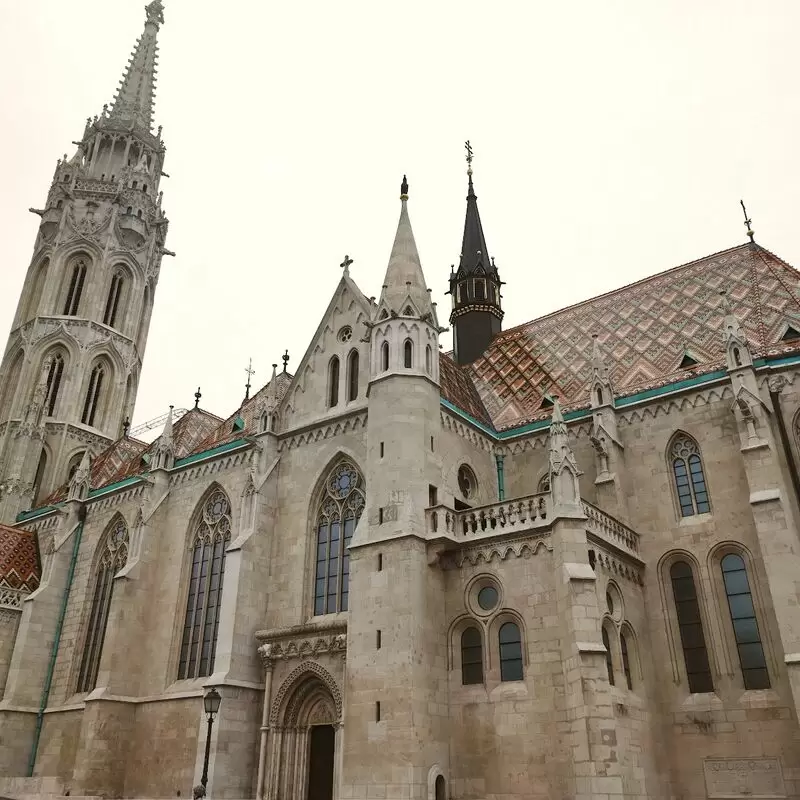
Budapest
Saturday: 9:00 AM – 1:00 PM
Sunday: 1:00 – 5:00 PM
10. Budapest Zoo & Botanical Garden
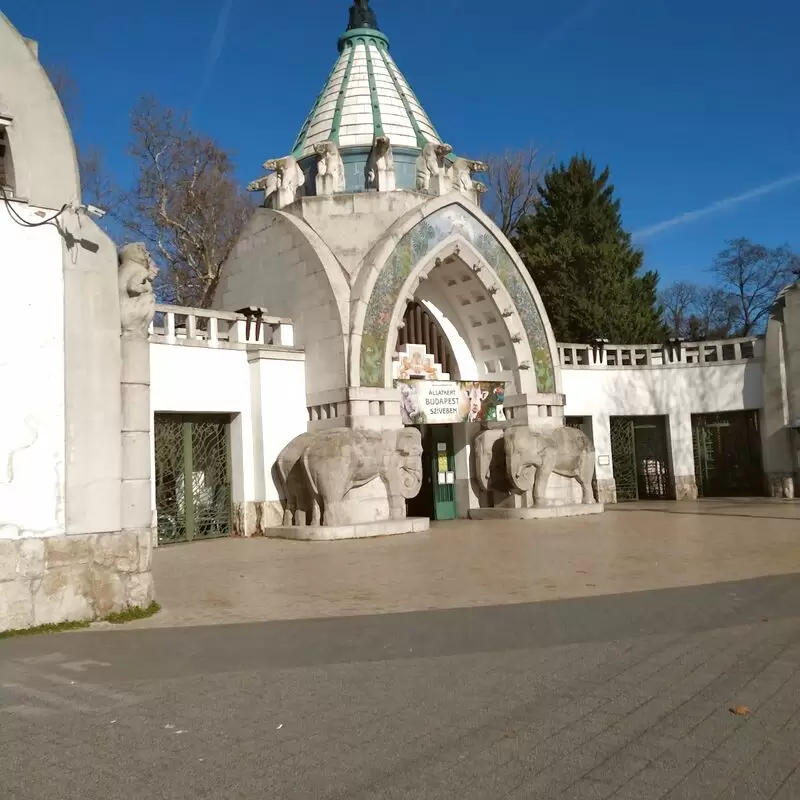
Budapest
Saturday - Sunday: 9:00 AM – 7:00 PM
11. Szimpla Kert
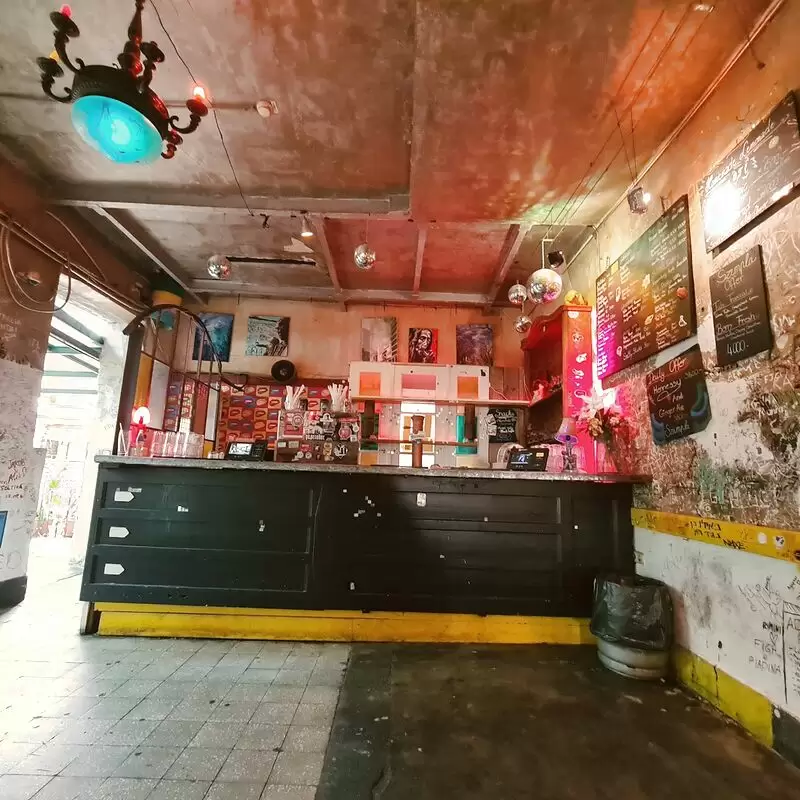
Budapest
Saturday: 12:00 PM – 4:00 AM
Sunday: 9:00 AM – 3:30 AM
12. Central Market Hall
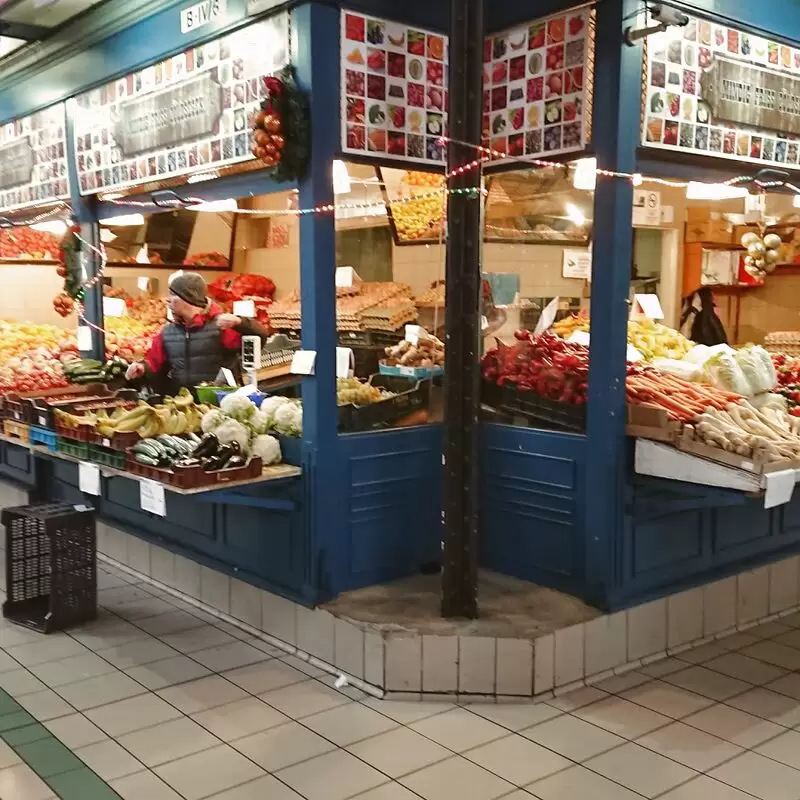
Budapest
Tuesday - Friday: 6:00 AM – 6:00 PM
Saturday: 6:00 AM – 3:00 PM
Sunday: Closed
13. Vajdahunyad Castle
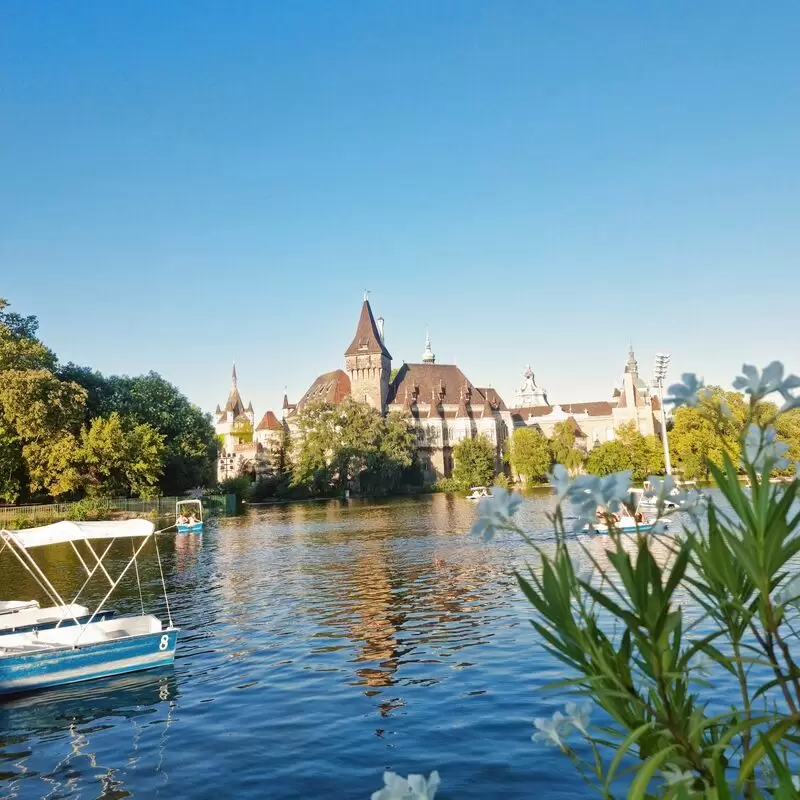
Budapest
14. Citadella

Budapest
15. Museum of Fine Arts
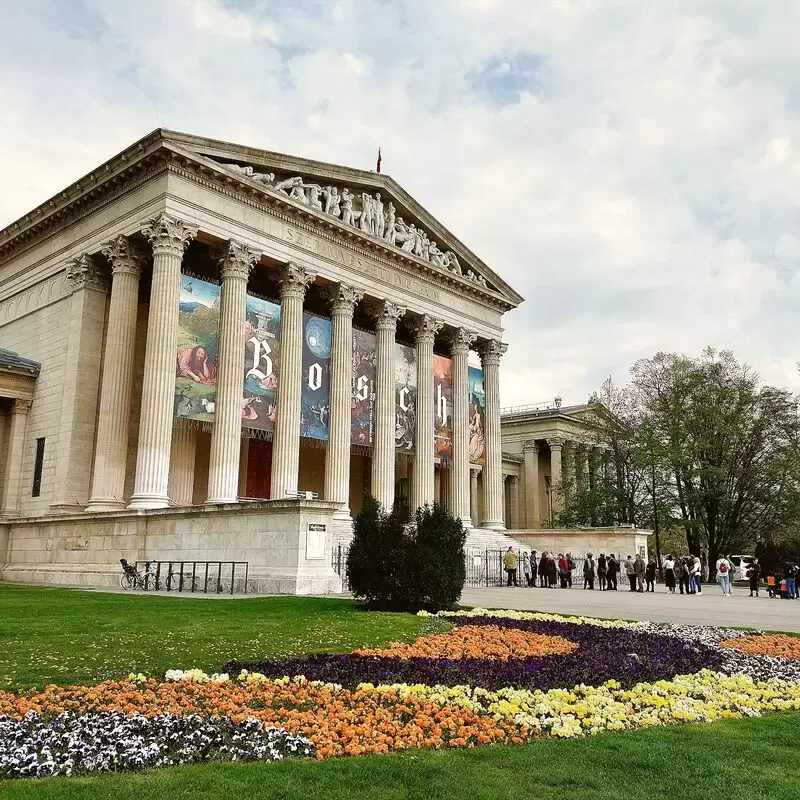
Budapest
Tuesday - Sunday: 10:00 AM – 6:00 PM
16. Shoes on the Danube Bank
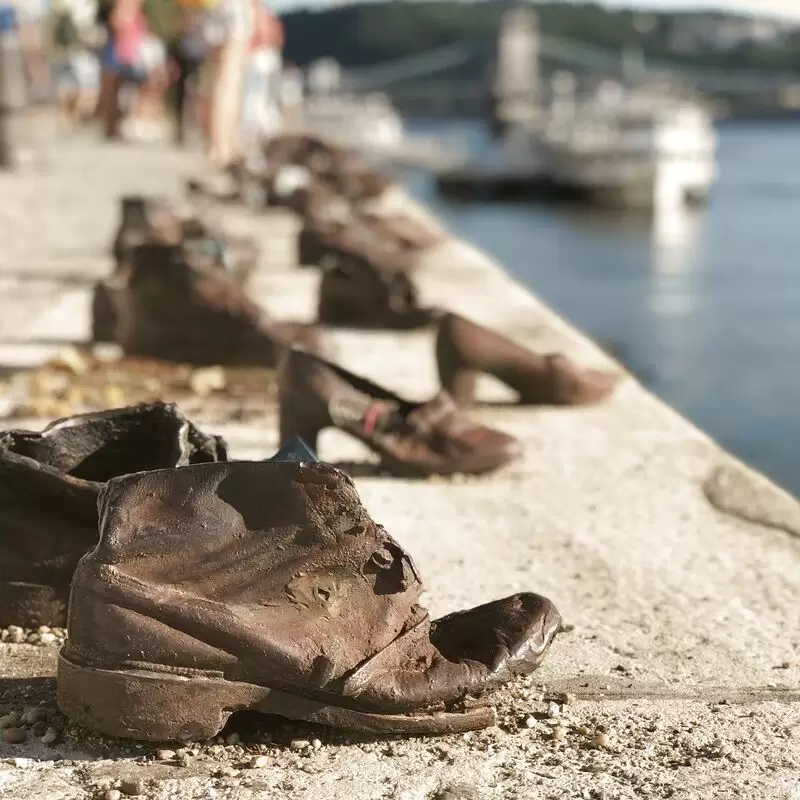
Budapest
17. Hungarian State Opera
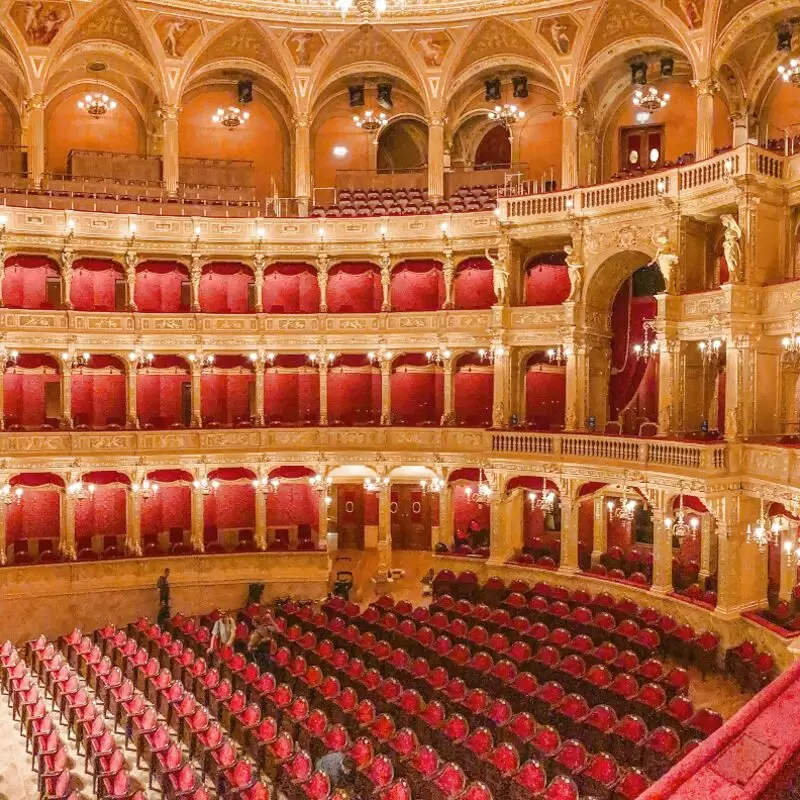
Budapest
18. Dohány Street Synagogue
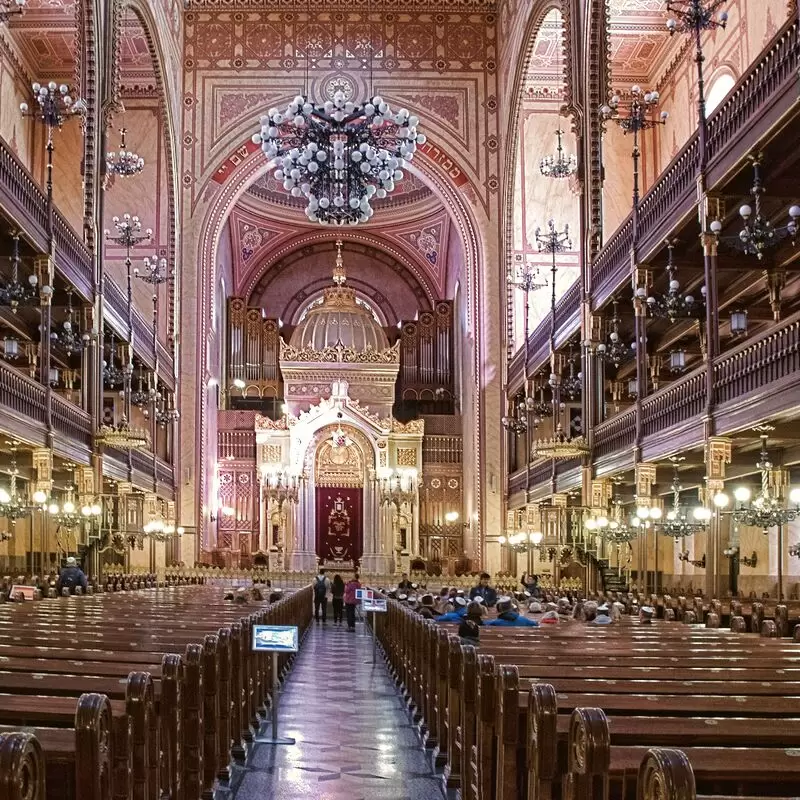
Budapest
Friday: 10:00 AM – 4:00 PM
Saturday: Closed
19. Széchenyi Thermal Bath
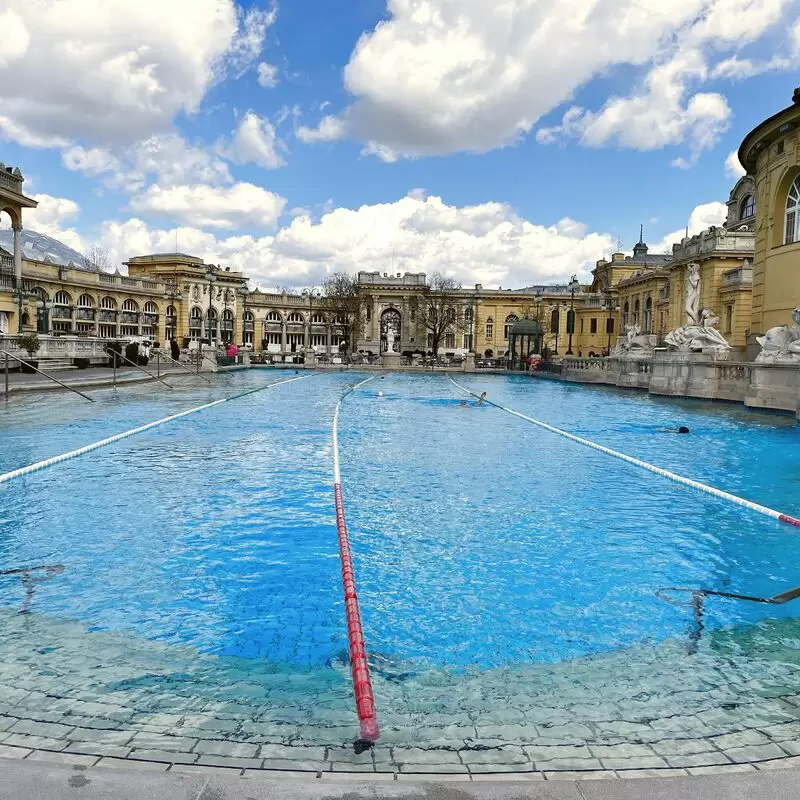
Budapest
Saturday - Sunday: 8:00 AM – 8:00 PM
20. Ferris Wheel of Budapest
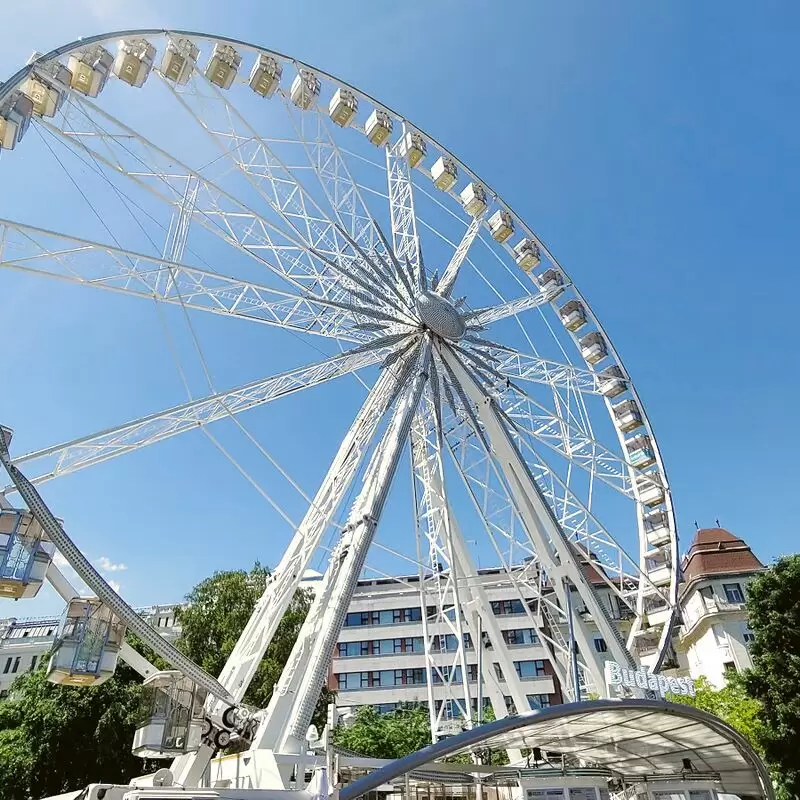
Budapest
Friday - Saturday: 11:00 AM – 12:00 AM
21. Kopaszi gát
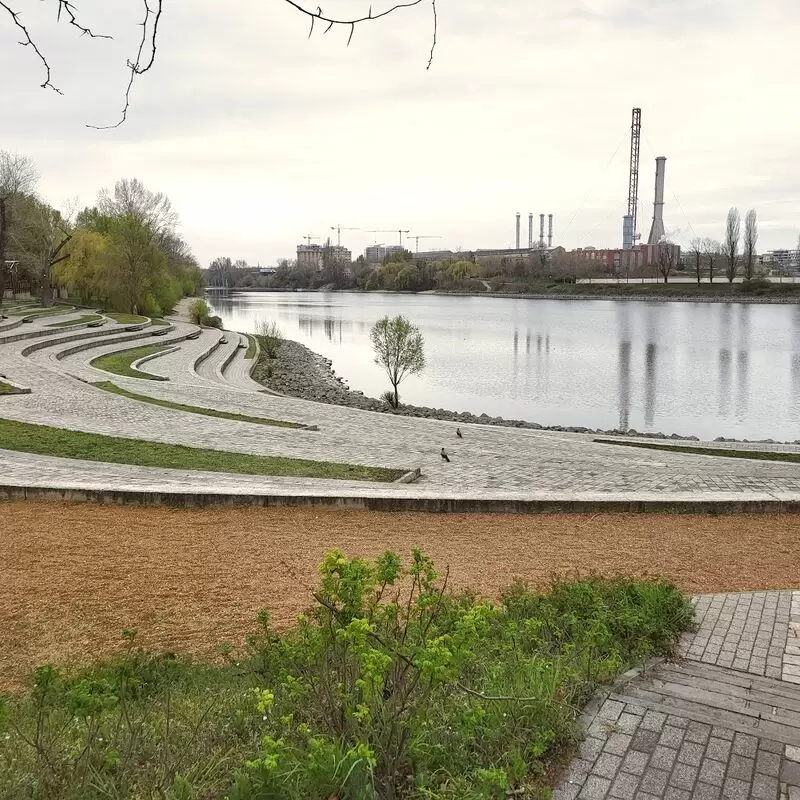
Budapest
22. Millennium Monument
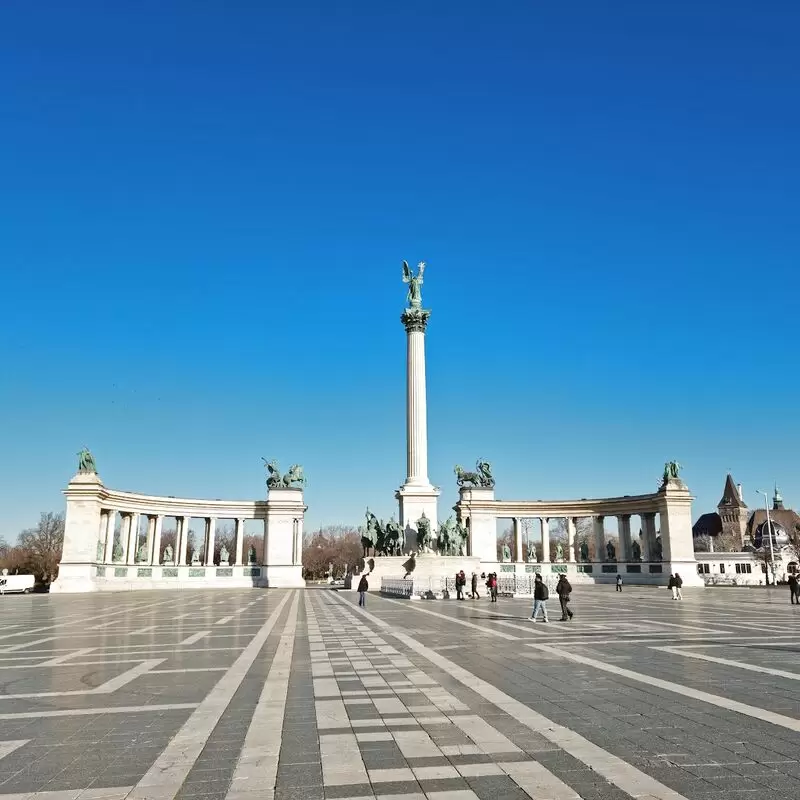
Budapest
Best Time to Visit Budapest
Annual Weather in Budapest
Questions & Answers
What's the official language in Budapest?
The official language in Budapest, the capital of Hungary, is Hungarian. It is the most widespread Uralic language and one of the few languages of its kind spoken in Europe. Although Hungarian is part of the European Union, it is unrelated to most other languages in Europe, which makes it quite unique. The vast majority of the city's residents speak Hungarian, but English and German are also commonly spoken by the younger generation and professionals in the tourism industry.
Can I use Euros for transactions?
Yes, it is possible to pay with euros in some places in Budapest, Hungary, especially in tourist areas such as hotels, restaurants and larger stores. However, the official currency of Hungary is the Hungarian Forint (HUF), and small stores and numerous other places only accept Forints. Therefore, it is advisable to carry both Euros and Forints or a credit card to ensure smooth transactions, as acceptance of Euros may vary.
How safe is Budapest for tourists?
Budapest is generally considered a safe city for tourists. The crime rate is low and violent crimes are rare. Most areas popular with tourists are safe both day and night. However, as in any major city, petty crime such as pickpocketing and fraud can occur, especially in crowded places or tourist hotspots. As a traveler, it is advisable to take the usual precautions, such as not displaying valuable items and being careful with personal belongings.
Is tap water in Budapest safe to drink?
Yes, tap water in Budapest is generally safe to drink. Water quality in Hungary is efficient and well regulated to ensure safety for consumption. While locals are used to the water, it might have a different taste for some visitors due to the mineral content. Bottled water is widely available for those who prefer it. However, it is recommended to bring a reusable bottle, both for cost and environmental reasons.
What's the public transportation like in Budapest?
Budapest has a well-developed and efficient public transportation system. It includes the Budapest Metro with four lines covering the city, streetcars that are slow but scenic, and buses that provide access to other parts of the city. An extensive network of night buses operates at night. Boating on the Danube is a good way to see the city's landmarks. Tickets are interchangeable throughout the network. It is recommended to always have your ticket with you, as ticket inspections are common.
Are credit cards widely accepted?
Yes, credit cards are widely accepted in Budapest, Hungary. Most restaurants, hotels and stores accept Visa, MasterCard and American Express. However, it is important to carry some Hungarian forints, the local currency, for small purchases at local markets or for tips. ATMs are readily available throughout the city where you can withdraw cash. Always inform your bank of your travel plans so that your card is not blocked for suspicious activity.
What is the traditional food of Hungary?
Traditional Hungarian cuisine is rich and hearty and features dishes such as goulash, a warming stew of meat and vegetables flavored with paprika and other spices. Another popular dish is chicken paprikash, in which chicken is slow-cooked in a sauce with onions and sweet peppers. Desserts include Dobos Torte, a sponge cake covered with chocolate buttercream, and Kürtőskalács, also known as chimney cake, a sweet, caramelized pastry baked on a rotating spit.
Is tipping customary in Budapest?
Yes, tipping is common in Budapest. In restaurants, you usually tip 10-15%, although you should make sure that the service charge is included in the bill, because it often is. With cab drivers, rounding up to the nearest 100 forints is common. Tipping is not mandatory, but is always appreciated, especially for good service. Tipping in foreign currency is not recommended, as the recipient will probably not be able to exchange it.
What are the local etiquettes I should know of?
Hungarians attach great importance to politeness and respect. You should always greet and say goodbye to shopkeepers, waiters and hotel staff, regardless of the location. When you meet someone for the first time, a handshake is the usual greeting; eye contact is also important. To "drink to health" is a popular custom, but you should not toast with beer glasses, a taboo from the Hungarian Revolution in the 19th century. Tipping is common in restaurants and for services, usually about 10-15%.
Can I easily access Wi-Fi in the city?
Yes, Budapest is very tech-friendly and you can easily find Wi-Fi hotspots everywhere in the city. Many restaurants, cafes and hotels offer free Wi-Fi to their guests. There is also free Wi-Fi in public places like parks, libraries, and even on some buses. However, for stable Internet access, you should consider buying a local SIM card or a portable Wi-Fi device.
Where can I try authentic Hungarian dishes?
In the heart of Budapest's historic district, Kiskakukk étterem offers a mix of traditional and modern Hungarian dishes. Known for its rustic, cozy atmosphere, it's the perfect place to try Hungarian classics like goulash soup, stuffed cabbage, or chicken paprikash. Alternatively, you can visit the Michelin-starred Costes Downtown to experience gourmet-level local Hungarian cuisine. Its first-class service includes not only exceptional dishes, but also unparalleled wine pairings.
What is Budapest known for?
Budapest, the charming capital of Hungary, is known for its stunning architecture, rich history and vibrant culture. The city is washed by the Danube River and is known for its iconic landmarks such as the Buda Castle, the impressive Parliament Building and the thermal baths. As the "City of Baths," it offers a unique bathing culture that dates back to Roman times. The diverse nightlife, innovative cuisine and thriving art scene make Budapest a major European tourist magnet.
Is English commonly spoken in Budapest?
Yes, English is spoken quite frequently in Budapest, especially in the central areas. Many locals, especially the younger generation and those who work in tourism, hospitality or international trade, speak good conversational English. Most restaurants, hotels and tourist attractions have staff who can communicate in English, although this is not as common among the older population. Still, learning a few basic Hungarian phrases is an advantage.
Do I need to validate my public transport ticket?
Yes, it is important to validate your public transportation ticket when you are in Budapest, Hungary. When boarding a bus, streetcar or metro, look for the orange or red validation machines and insert your ticket. Keep your validated ticket until the end of the trip, as inspectors may want to see it. Failure to present a validated ticket may result in a fine. This practice helps ensure that you have fair access to the city's excellent public transportation system.
How far is Budapest airport from the city center?
Budapest Ferenc Liszt International Airport, the main international airport in Hungary, is located about 22 kilometers southeast of the center of Budapest. In general, the journey between the city center and the airport takes about 30-40 minutes, depending on traffic and the chosen means of transport.
Can I drink alcohol in public?
In Budapest, Hungary, drinking in public is technically legal, but is not usually practiced. However, some municipalities in the city have separate regulations that prohibit drinking in public, and certain areas such as playgrounds, bus stops, or public transportation are off limits. It is better to consume alcohol responsibly in designated areas such as bars, restaurants, or private residences to avoid potential conflicts with local law enforcement officials.
What's the local beer like?
Local Hungarian beers offer an interesting variation on traditional European beers. From lagers to pale ales to seasonal specialty beers, there is a diverse selection to tantalize the taste buds. Most beers feature deep, rich flavors that typically range from sweet caramel to bitter hops, striking a nuanced balance between maltiness and bitterness. Recently, Budapest microbreweries have also begun experimenting with fruits and aromatic herbs, adding a local flavor to Hungarian beer culture.
Is Budapest safe at night?
Yes, Budapest is generally safe at night. As in any major city, it is important to be careful when walking alone in less crowded areas or side streets. Popular tourist spots such as Váci Street and Erzsébet Square are well lit and usually busy, even after sunset. Public transportation is also reliable and safe, but always watch your belongings to avoid pickpockets. It is recommended to use licensed cabs or ride-sharing services if you need transportation late at night.
Are hailing taxis safe in Budapest?
Yes, hailing cabs in Budapest is generally safe. The city has a regulated and reliable cab system. However, as in any city, it is advisable to use the well-known and reputable cab companies. Some of these companies are Főtaxi, City Taxi and Taxi4. Watch out for unmarked vehicles or drivers who do not use a taximeter, as they may overcharge. Always make sure the meter is on so you don't have to pay too much. And of course, just like anywhere else, watch out for your personal belongings.
What precautions do I need to take for late-night travels?
Although Budapest is generally safe, travelers out late at night should be vigilant. Try to avoid dimly lit areas and stay on well-traveled streets. Be careful with your belongings, especially in crowded areas or on public transportation. Use legal cab services or public transportation instead of unlicensed vehicles. Avoid openly displaying your wealth to avoid attracting thieves. If you drink, keep a low profile to maintain your awareness and safety.
Can I freely photograph landmarks?
Absolutely! You are generally free to photograph the many outstanding sights in Budapest, Hungary. These include popular landmarks such as the Chain Bridge, the Parliament Building, Buda Castle, and the Fisherman's Bastion. However, respect the privacy of locals and avoid photographing government and military facilities without permission. For certain tourist attractions or museums, check their photography policies as there are restrictions in some cases. Have fun capturing the beauty of Budapest!
Are there any dress codes for religious places?
Yes, most religious sites in Budapest, such as St. Stephen's Cathedral or the Dohány Street Synagogue, require their visitors to adhere to the dress code. Both men and women are advised to avoid shorts, sleeveless tops or other revealing clothing. Wearing hats in churches is often considered disrespectful. Shoes must be worn at all times. In some places the dress code is not so strict, but it is better to respect religious customs.
How popular is thermal bathing in Budapest?
Thermal bathing is an integral part of Budapest culture and a must for tourists. Budapest is often referred to as the "City of Baths" and locals regularly visit these thermal baths for relaxation and medicinal purposes. Many of the city's baths are centuries old, have impressive architecture and pools of varying temperatures. They serve as a social center for Hungarians and are also a popular attraction for visitors, offering a unique opportunity to relax and experience a time-honored aspect of Budapest life.
What are some unique cultural experiences in Budapest?
Budapest, the vibrant capital of Hungary, offers a range of cultural experiences based on centuries-old traditions. You can take a typical Hungarian bath at the Szechenyi Baths, sample local specialties at a Hungarian cooking class, or dine in the famous ruin bars of the Jewish Quarter. Witness a traditional folk dance performance or admire the architecture of the Hungarian Parliament Building, a symbol of Hungary's rich history. Don't miss the moving shoes at the memorial on the banks of the Danube commemorating the victims of the Holocaust.
Are there any local customs I should respect?
Hungarian customs definitely encourage respect and politeness. A firm handshake and eye contact when greeting are standard. Titles are very important, so always use the person's title followed by the last name. Hungarians value discretion and elegance; show this by speaking softly. Also, it is considered polite to leave a little food on the plate during the meal, as this means that the host has given more than enough to eat.
How do I ask for help in Hungarian?
When asking for help in Hungary, the most common phrase is "segítség kell", pronounced "she-geet-shayg kell", which means "help is needed". If you want to make it clear that you need help, you can say "nem beszélem a magyar nyelvet", pronounced "nem bes-eh-lem a mod-yar nyeel-vet", which means "I don't speak Hungarian". If you find yourself in an emergency situation, dial 112, the general emergency number in Hungary.
Should I carry a passport with me all the time?
Yes, carrying a passport or a copy of it is advisable for tourists in Budapest, Hungary. It serves as official identification and may be required at hotels, police stations, or when exchanging money. However, you must keep it safe to avoid theft or loss. If you are uncomfortable carrying it around, you can also carry a digital copy as a backup. Remember that you must always report a loss immediately to your country's embassy in Hungary.
How to handle emergencies in Budapest?
In case of an emergency in Budapest, call 112, the universal emergency number throughout the EU. Describe your concern clearly and give precise details of the location. Most providers speak English. Always have your travel insurance documents ready and contact a health center or hospital immediately in case of a medical emergency. For legal problems, you can contact embassies. Remain calm and cooperate with local authorities to manage the situation effectively.
Can I rent a bike in Budapest?
Yes, you can rent a bike in Budapest. The city has a well-developed network of bike paths and bike lanes, which makes it an attractive place for cyclists. There are numerous bike rental services that offer a wide range of options for renting by the hour, day or week. Popular services include nextbike and Donkey Republic, which operate through easy-to-use apps. In addition to traditional bikes, e-bikes and tandems can also be rented, offering a unique experience.
How does Budapest's public healthcare system work for tourists?
In Budapest, health care for tourists is mainly provided through health insurance. Most healthcare facilities require advance payment unless the visitor has a European Health Insurance Card (EHIC). However, if tourists need immediate emergency medical care, it will be provided regardless of their insurance status. It is recommended to have a comprehensive travel medical insurance before visiting the city. The services of Hungarian private clinics are excellent, although expensive, but it is also possible to consult English-speaking doctors.
Feedback
I hope you found this article informative and helpful. I'm eager to improve the content and make it even more valuable for you. If you have any feedback or suggestions, I would love to hear from you.
Do you have any tips or hidden gems that you think should be added to the list? Are there any areas that you feel could use more explanation or clarification?
Your input is greatly appreciated and will help us to continue providing high-quality content that meets your needs and interests. Please feel free to share your thoughts.

